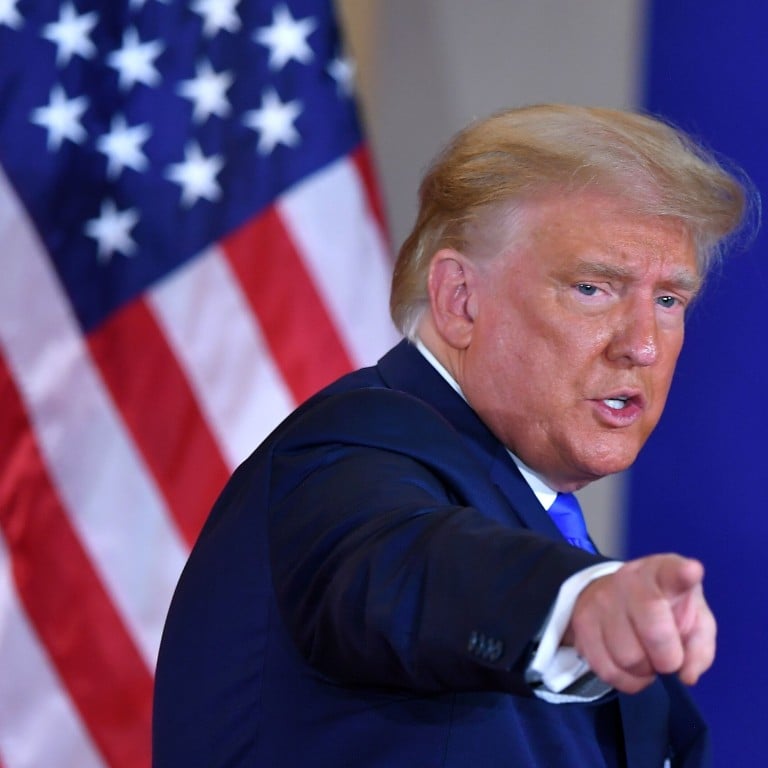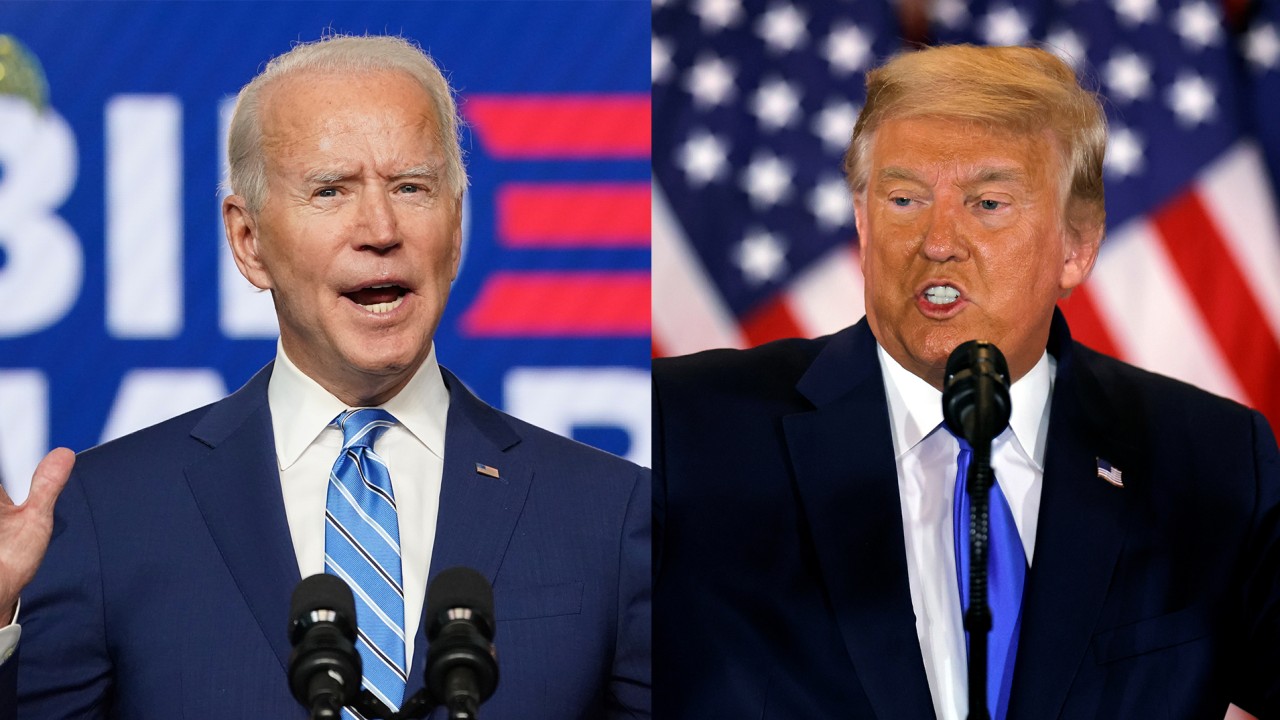
2020 US election: America’s presidency and its democracy have endured worse
- In the past century, the US presidency has gone through periods of uncertainty, but the institution has always persevered. Faith in the presidency may wax and wane, but one thing is certain: Americans will have the chance to vote again
The very first election I witnessed in the US was the now-notorious 1948 election. Initially, it appeared that Republican New York governor Thomas E. Dewey had defeated Democratic president Harry S. Truman. The Chicago Tribune even ran on its front page the headline “Dewey Defeats Truman”.
When all the votes were tallied, Truman had in fact secured a win, and he posed triumphantly holding a copy of the newspaper with the incorrect headline. The result was not disputed and did not lead to widespread protests or claims of fraud. The American people accepted the result and moved on.
Their successors have opposite legacies: Teddy Roosevelt, who succeeded McKinley, is remembered as a progressive with a keen sense for strategy, and who received a Nobel Peace Prize for his role negotiating the end of the Russo-Japanese War, which was partially fought in China. By contrast, Lyndon Johnson bears the brunt of the blame for escalating the US involvement in the Vietnam war.

08:48
US presidential election 2020: legal challenges as momentum shifts from Trump to Biden
Franklin D. Roosevelt died in the midst of the second world war, leaving the presidency to a woefully underprepared Harry Truman, who did not know the full details of the Manhattan Project or of his predecessor’s strategy for ending the war and maintaining peace. Truman was president when I arrived in the US in 1949, by which time he had adapted to the necessities of the role. He has since been remembered as one of the very best American presidents.
A day-by-day guide of what could happen if US election goes bad
The successors of Harding and Nixon assumed all the responsibilities and challenges of the presidency, along with the daunting tasks of restoring public faith in the White House. Calvin Coolidge, Harding’s vice-president, helped restore public confidence in the White House, though an entirely new crisis – the Great Depression – would diminish his legacy.
While Gerald Ford’s decision to pardon Nixon was hugely unpopular at the time, it has since been remembered as a moment of distinctive political courage that helped end the deeply damaging Watergate era and set the nation on a path to healing.
These are far from the only times the American public had reason to lose faith in the institution of the presidency. Jimmy Carter’s failure to rescue the American hostages held in Iran led to renewed disillusionment that swept Ronald Reagan into the White House in 1980.

His successor, Bill Clinton, served two full terms, but his presidency was scandal-plagued in a way that called the character of the president himself into question. Yet Clinton survived impeachment and maintained relatively high public opinion levels throughout the ordeal.
US election will not ease China’s insecurity, no matter who wins
By the end of his second term, analysts were categorising the 2008 election as generation-defining and historic in much the same way the 2020 election is being spoken of today. Barack Obama took the oath of office in January 2009, amid sky-high expectations that he would usher in a new era of progressive domestic policies and restore public confidence – both at home and abroad – in the American presidency.
Amid all this, it is comforting to recall that the American presidency has gone through periods of uncertainty, instability and turbulence before, and that the institution has always persevered. Faith in the presidency may wax and wane, but one thing is clear: regardless of the outcome, the American people will have the chance to return to the polls and vote again in 2024.
I hope to join them. I was born in warlord-era China and grew up under Japanese occupation. There was never any opportunity for the people to have a say in their government – a privilege I have never taken for granted since I first became eligible to vote in the US in 1960.
The American system is far from perfect, but considering all of the challenges the presidency endured in the last century, I am confident that it will survive whatever result the 2020 election brings.
Chi Wang, a former head of the Chinese section of the US Library of Congress, is president of the US-China Policy Foundation

